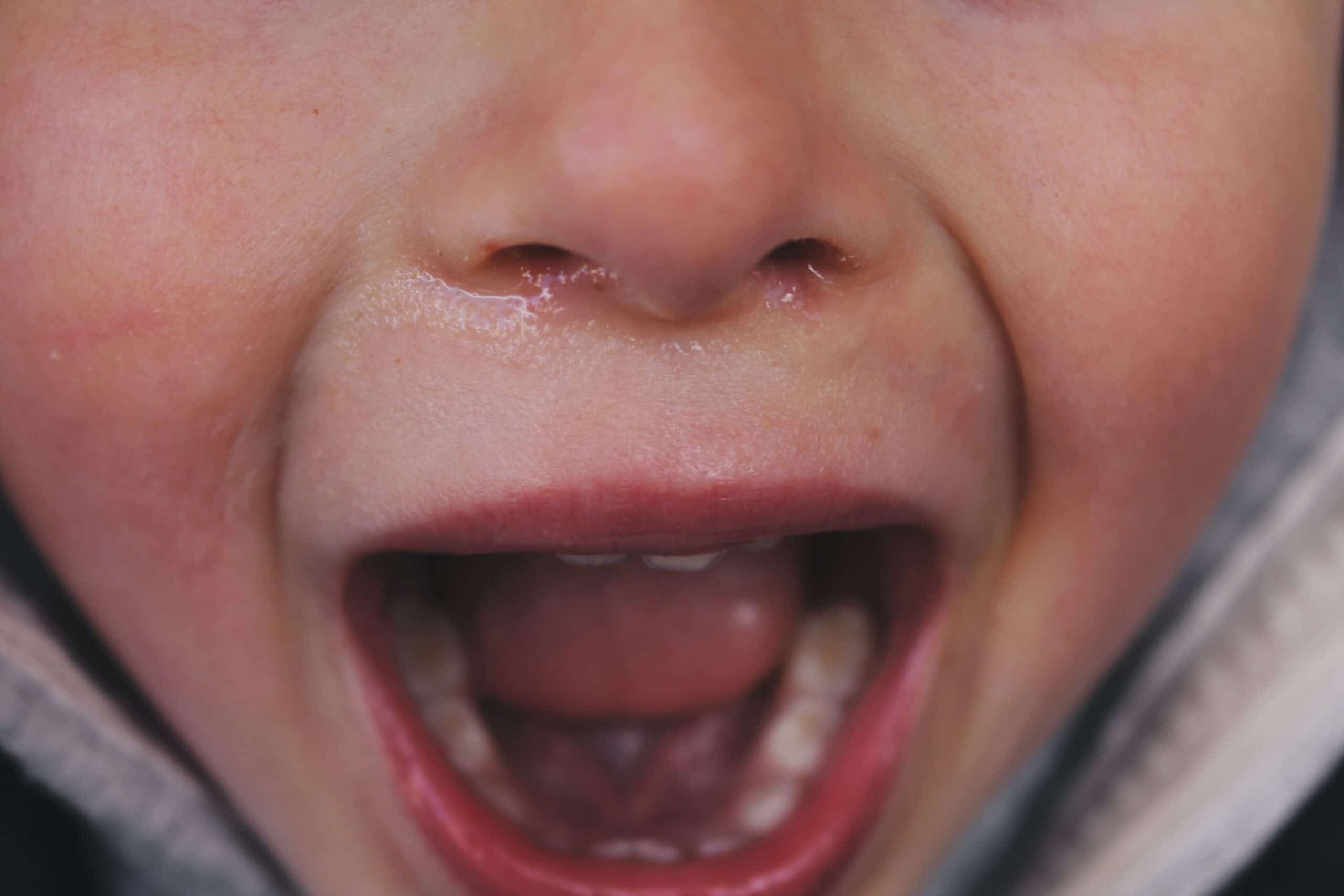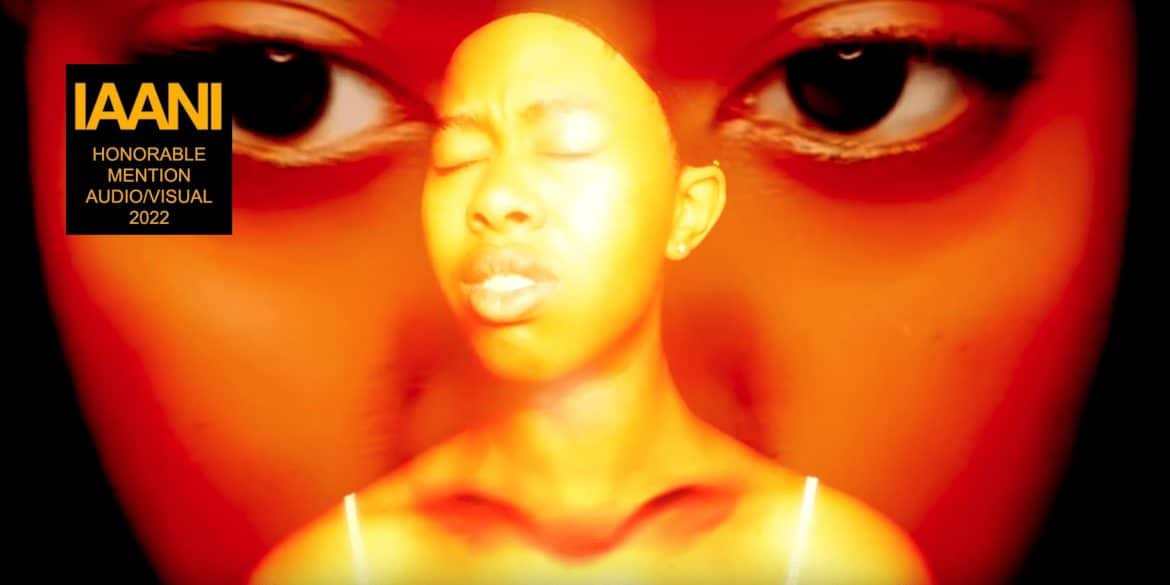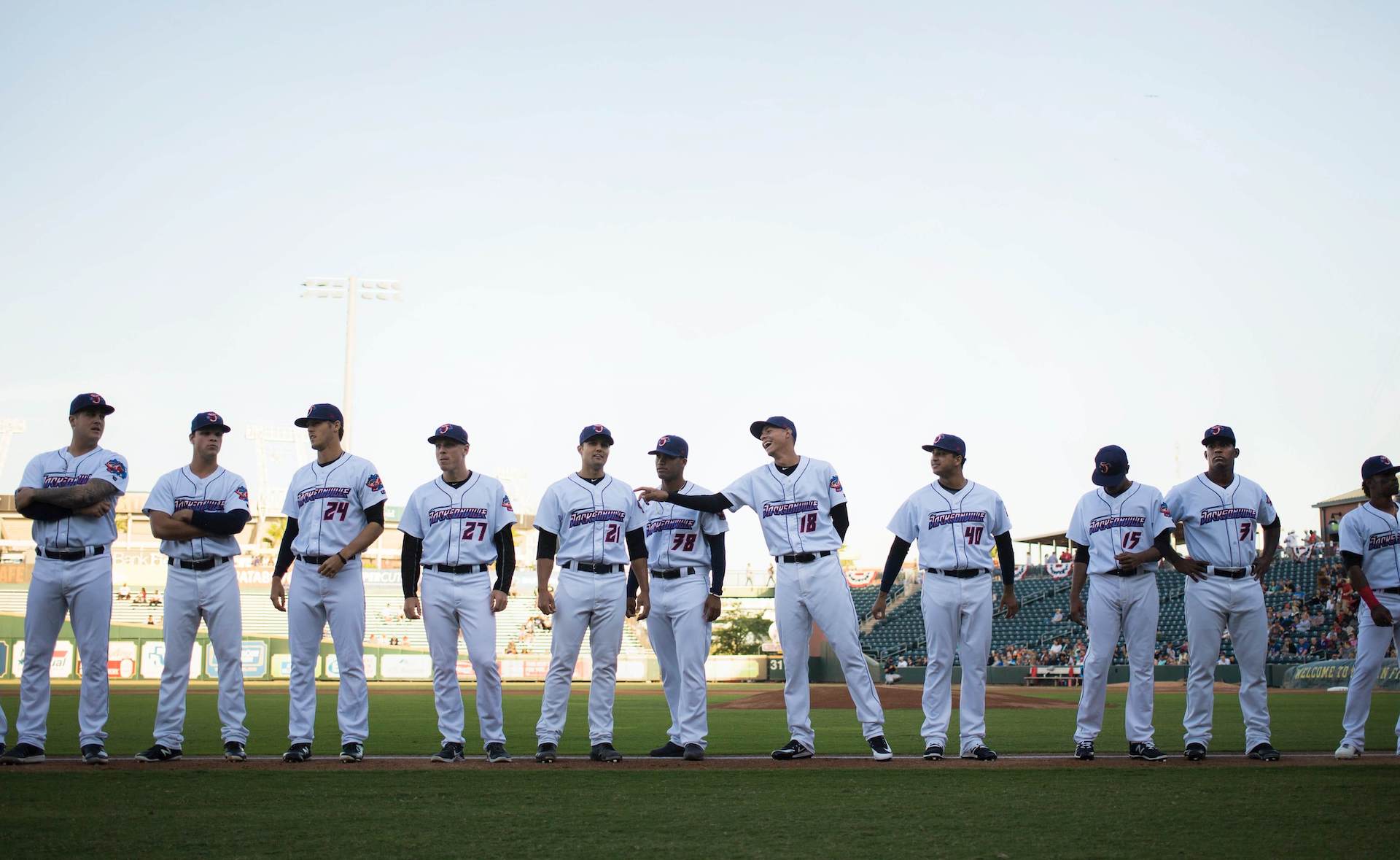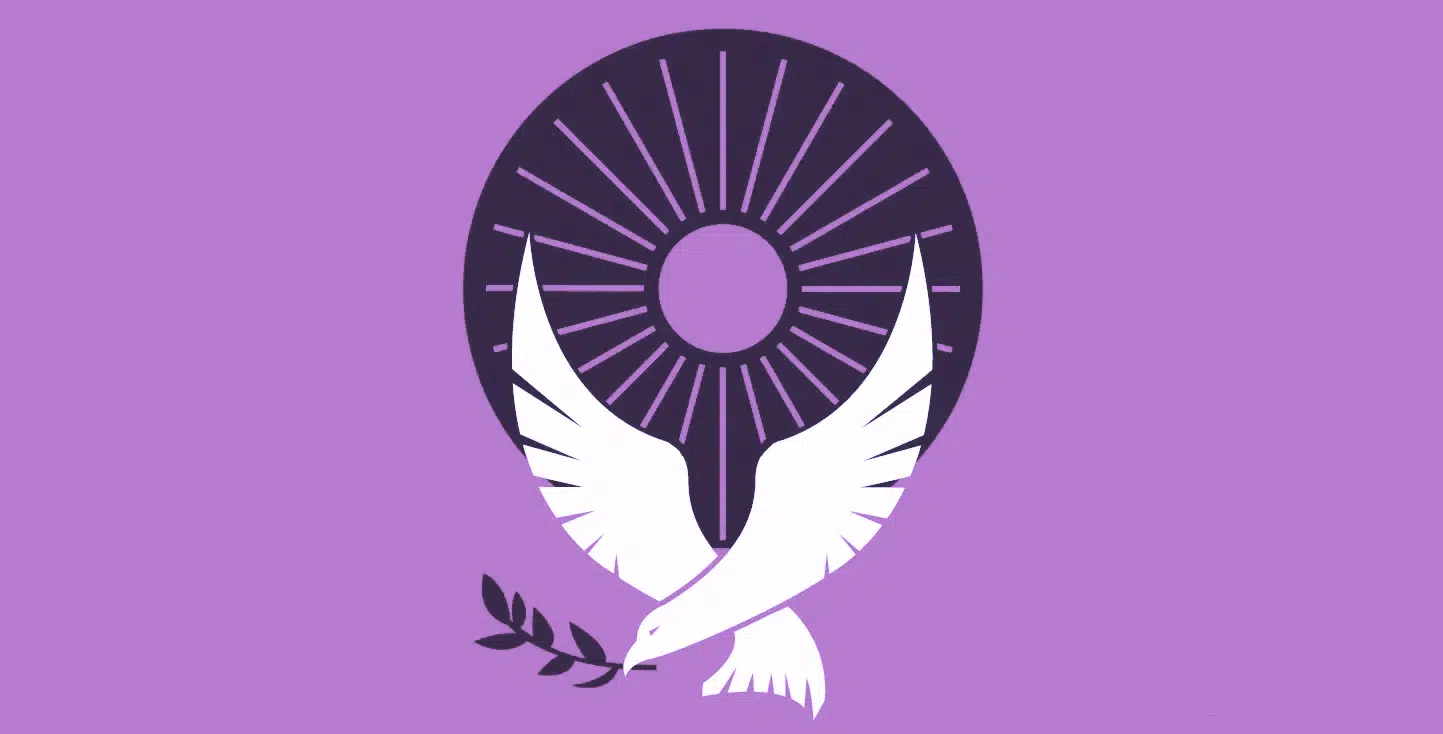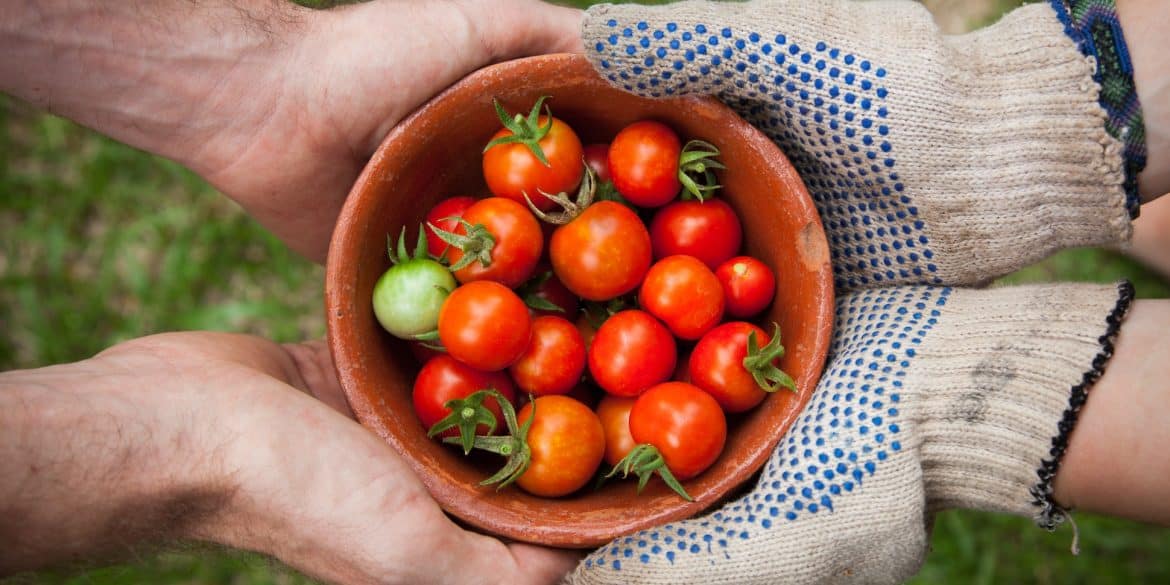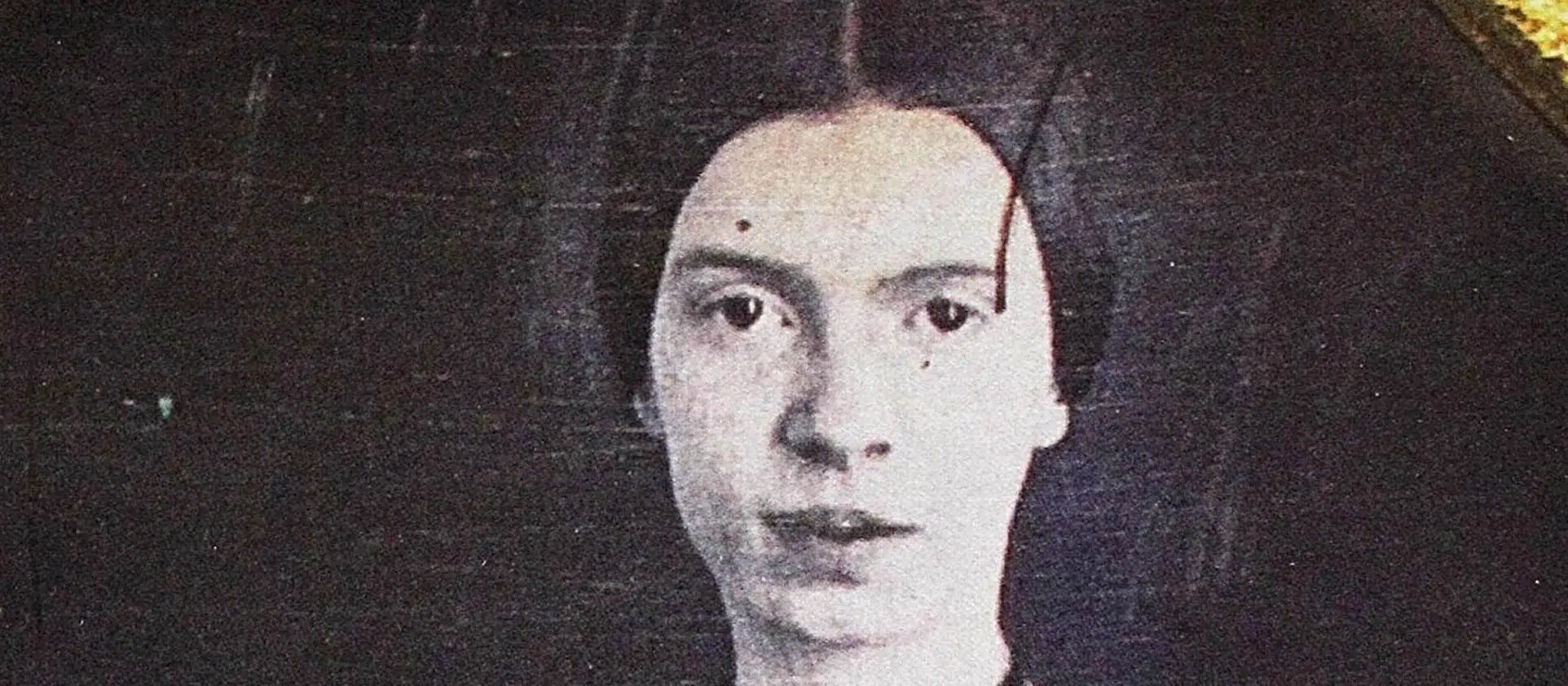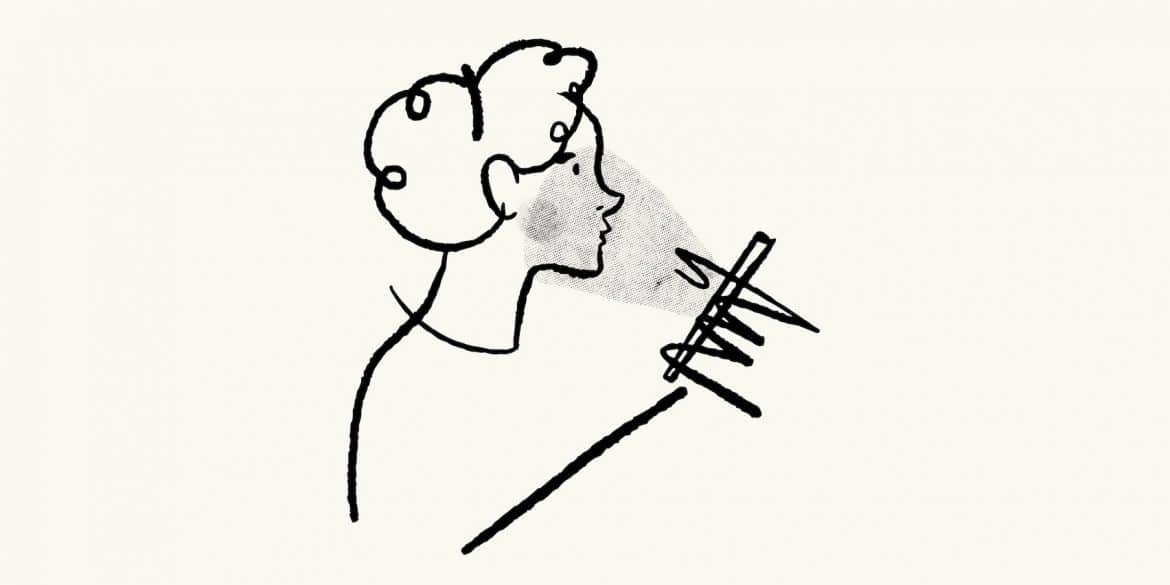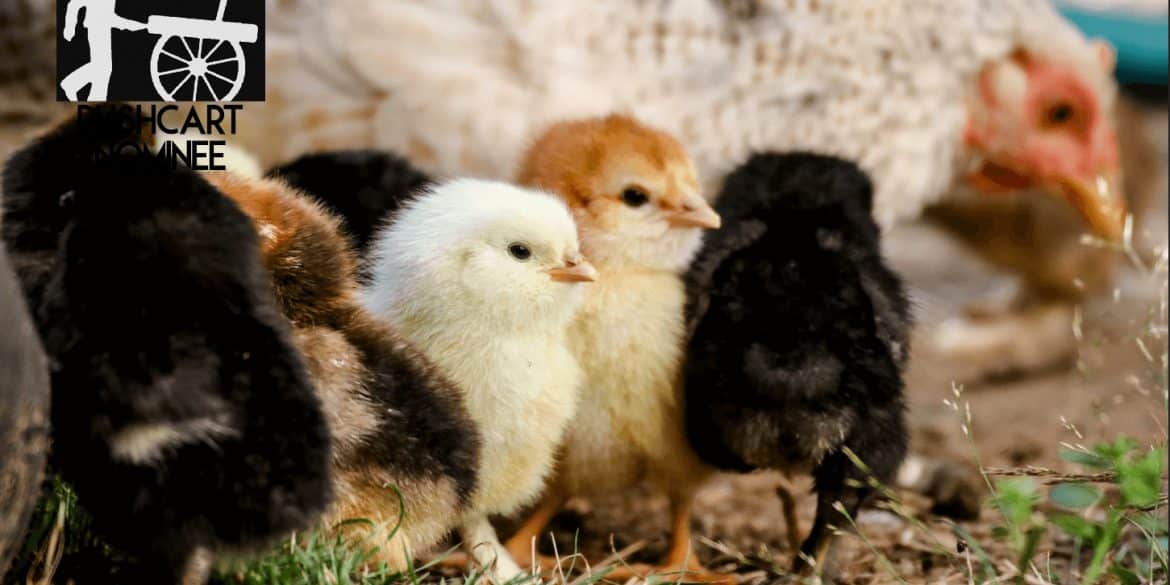"We were constantly in fear of her hitting or pushing a friend, destroying a friend's toy, or throwing a block at someone’s head. We started to isolate ourselves because we were embarrassed of how our child acted around others."
"My poems are not entirely mine. They belong to the people and events of my passage through life. For once the dam is breached its contents flow unabridged. - Milton Carp, poet at 91"
“Tired,” the titular poem and the collection at large, is an autoethnography looking at the cause of so much pain, so much fatigue. Anthropomorphizing the feeling of being tired gave me creative license to dramatize and explore the real experiences of needing a break...
“A Seat at the Table” is the autoethnographic manifestation of my vulnerability, anger, and anguish, of my black feminist grit."
"I have personally been that teenager, marking down “white” on a school application, hesitating to answer when an Anglo-American asked me “what are you?”, and leaving those experiences with a deeper sense of displacement."
"What if autoethnography were treated not as an academic subject but as an artistic one?"
New Issue! Volume 1, Issue 1, Summer 2021
"If abortion can be banned, largely due to Christian beliefs, what is to stop an overturning of the legalization of gay marriage or the disestablishment of “Don’t Ask, Don’t Tell?” If The Handmaid’s Tale taught me anything, it is to never believe that I am truly safe, untouchable."
"This journal is the culmination of my life’s work as a writing teacher, writer, and farmer. In the pages of this journal, you will find coverage for everything from raising chickens to jam recipes to poetry about farming and Nature."
"For me, being a feminist simply means I am a strong, independent woman who has ideas and thoughts of her own; but it also means something else, which is an idea that confuses even me. I mean, how could I be a feminist when I am also a conservative woman?"
"For the first time since my adolescence, I am recognizing that I don’t have to believe what everyone believes, nor do I have to base my morals on faceless strangers who don’t know who I am, or what my experiences are."
""Mourning (Unfinished)" is an essay about the way my experiences with farm animals helped me come to terms with a miscarriage."


